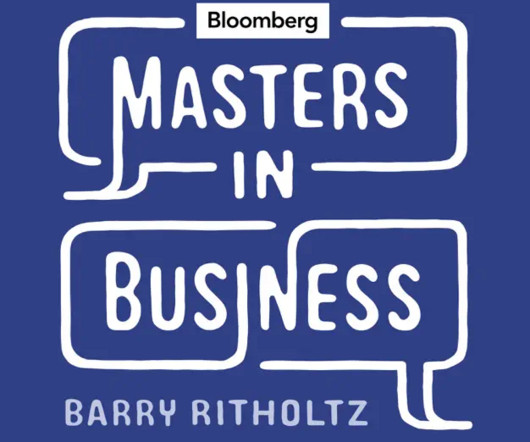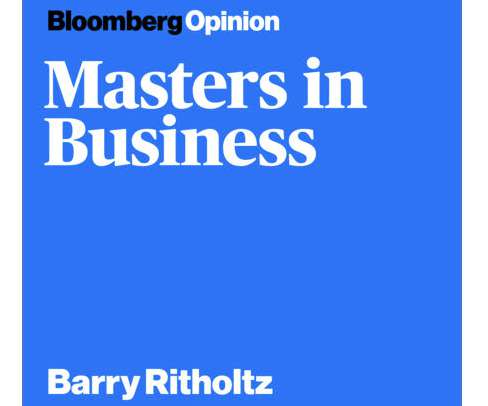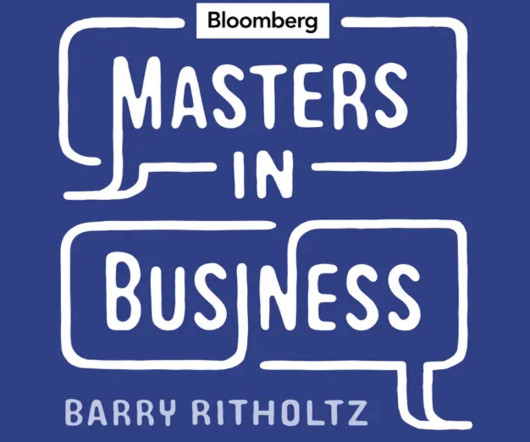Transcript: Eric Balchunas
Barry Ritholtz
AUGUST 29, 2022
And in order to graduate from Cook you had to have at least a minor that was related, and I thought — I took an econ class and I kind of liked it, so I minored in environmental economics. I — because obviously, I’m like journalism, economics, I’m in Rutgers. I run it at a loss. RITHOLTZ: Interesting. BALCHUNAS: Yeah.
















Let's personalize your content